
In Slovenia we are witnessing warnings from various professional groups that the physical performance of our children is much worse, and at the same time we have various programs aimed at increasing health literacy in the population, but these do not include sports activities in children, except in schools. Numerous studies in Europe and around the world show that risk factors and an unhealthy lifestyle, and consequently obesity, are more prevalent among residents, families, and children from families with a lower socioeconomic status. We refer to socioeconomic inequality as differences in health outcomes between social groups of different socioeconomic status that can be prevented and are therefore inequitable. NIJZ research shows that in all social groups, dietary choices are more influenced by environmental opportunities than by individual choices, especially among individuals from lower socioeconomic strata. The effects of socioeconomic determinants of health accumulate over the life course and have a significant impact on differences in levels of obesity, health, and life expectancy among different socioeconomic groups of residents, which is also true for Slovenia. All factors that influence a healthy lifestyle also affect the well-being and psychosocial status of the entire family. Research in our area shows that adults are basically familiar with the recommendations for healthy diet and physical activity, but that they are not sufficiently followed, especially by people with lower education. Obesity often occurs as a family phenomenon, but usually not because of a hereditary predisposition, but because of the same lifestyle of all family members. The negative effects are then passed on from parents to children, and obesity is a distinctly complex social problem. If we compare the distribution of overweight and obesity in Slovenia with the distribution of percentiles of the Physical Activity Efficiency Index, we find that areas with increased body weight overlap to some extent with areas where children's physical activity efficiency is also measured. If we do not address these problems immediately with measures that significantly increase the quality, accessibility and amount of physical activity in and out of school, the generation of Corona children in particular can expect a significantly lower quality of life, significantly lower academic performance, significantly lower work efficiency and significantly increased health risks, as well as shorter life expectancy than previous generations, even in young adulthood. In December 2016, Nijz published a resolution on the National Nutrition and Physical Activity Program 2015-25, which enables children to live in an environment where they can develop healthy eating and physical activity habits, and highly emphasizes physical activity and physical activity efficiency among the inhabitants of Slovenia. As part of the project, we will add value to the data that has been monitored for 30 years by a group of researchers from the Faculty of Physical Education (SLOFIT) by engaging the entire family in physical activity while educating the entire family about the principles of healthy living.






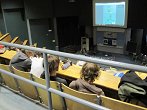




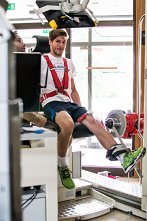
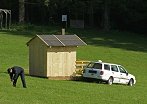

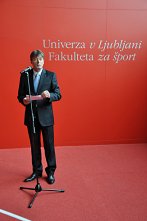





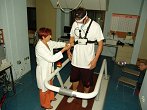









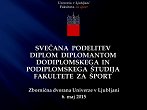
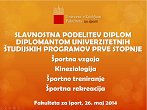



.png)